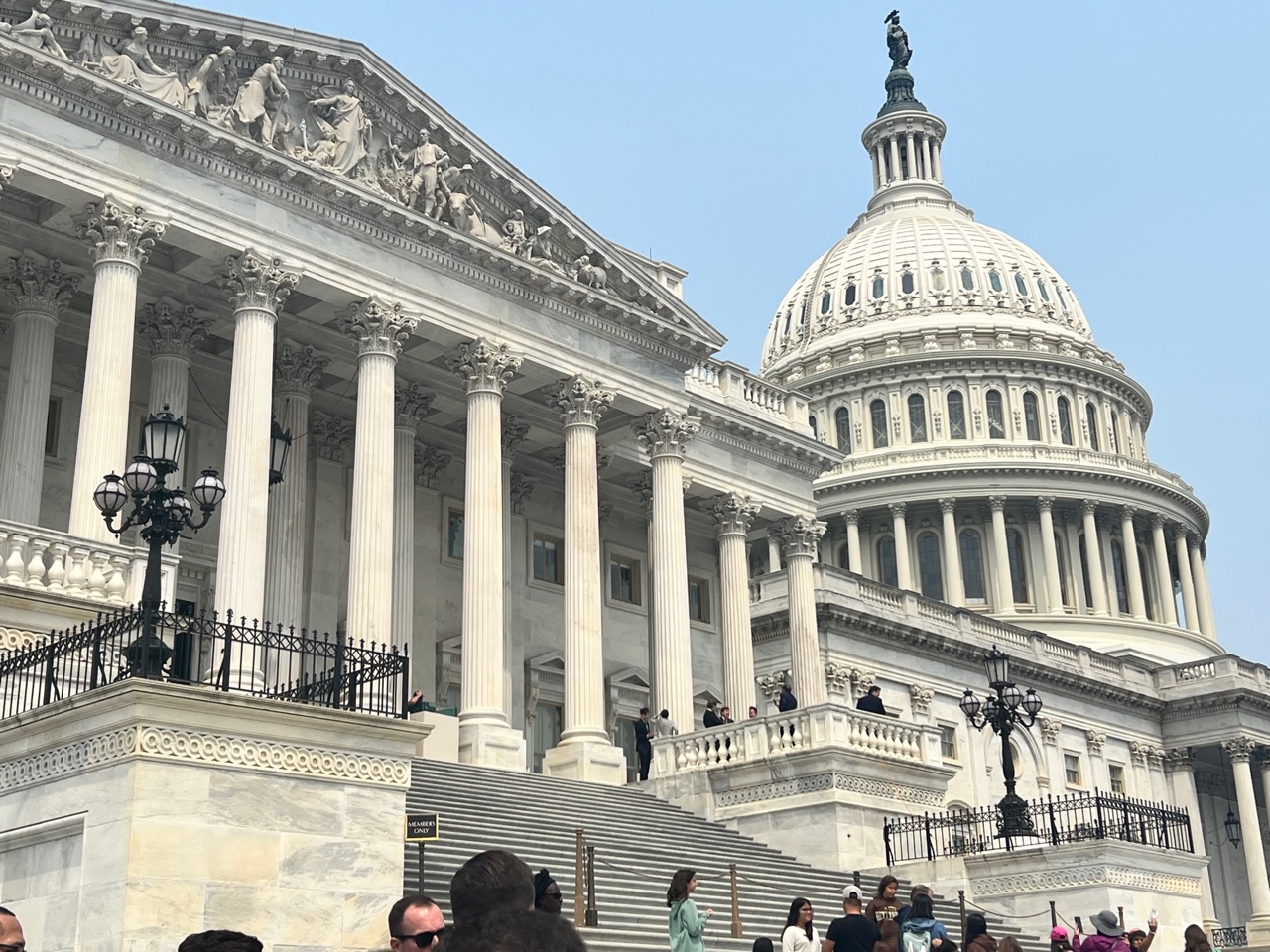Both House and Senate tax writers continue their preparations for the 2025 tax bill. More potential targets for revenue-raising tax provisions have emerged.
Preparations are still very much in the pre-proposal phase. Tax writers are learning from former members and staffers about how the 2017 Tax Cuts and Jobs Act (TCJA) was constructed, and how its individual provisions interact with each other. They are also looking at new tax proposals, both some that lose revenue and many that would raise new revenue.
Among the specifics that have been identified as being considered and discussed are:
- A hike in the corporate tax rate from 21 percent to, possibly, 25 or 28 percent
- A change in the premium tax credit rules under the Affordable Care Act
- Reporting (and possibly penalties) to be imposed on at least some private placement life insurance (PPLI)
- Elimination or modification of the Section 199A deduction for qualifying noncorporate business income
- Changes to estate and trust rules, both for policy and revenue-raising reasons
- Wealth taxes—i.e., imposing current annual tax liability on gains from investments held by the ultra-wealthy, even where those gains have not been realized
- Income limits on a wide range of tax rules—i.e., limiting the availability of deductions and exclusions (including, potentially, contributions to retirement savings plans) to taxpayers who earn under a specified level of income
None of these ideas is yet an official proposal, but each has its proponents. More proposals are expected, as tax writers (and lawmakers in general) are considering whether to raise new revenue not only to offset the cost of extending the TCJA (in whole or in part), but also to reduce the spiraling federal deficit.
Prospects: Preparation will give way to putting together a proposal—likely a massive package of proposed tax rules changes—by late in 2024 or early 2025. More ideas on possible revenue-raising or policy-driven changes are likely as the tax-writing committees hear from colleagues and constituents about a wide range of priorities. Over the August recess, NAIFA members will be meeting at home with their own lawmakers to educate them on the sound tax policy underlying the products and services that allow their clients to provide financial protection to their families and businesses.
NAIFA Staff Contact: Jayne Fitzgerald – Director – Government Relations, at jfitzgerald@naifa.org.






.png?width=600&height=90&name=Support%20IFAPAC%20%20(600%20%C3%97%2090%20px).png)
